Akai Professional LPK25 WIRELESS | 25 Mini-Key Bluetooth MIDI Keyboard
Always wanted to play and record keyboard parts without the tangle of annoying wires? Never will you have to feel this way with the LPK25 Wireless. Now you can control your plug-in instruments from anywhere in the room and not feel tied down to your desk.
Powered by 3 AA batteries for a truly wireless experience, the LPK25 Wireless is optimized for long battery life which can make the LPK25 Wireless a go-to piece of gear even in a live stage setting. No batteries? No problem. The LPK25 Wireless can also be powered with the included USB cable even if your batteries die, giving you no excuse to call it a day and stop your creativity.
At the center of the controller is a solid, 25-note mini-keybed that’s nice to the touch. Octave up and down buttons ensure you are playing in the right note range. The Arpeggiator mode turns chords into exciting and complex music phrases with ease. The LPK25 Wireless also comes equipped with a sustain pedal input for enhanced control over every chord, riff and run.
The on-stage musician will get to love the LPK25 Wireless just as much as the studio producer since the LPK25 Wireless doesn’t require a MIDI cord, making it an especially lethal tool on stage.
The LPK25 Wireless is ultra-portable and laptops are just… portable. You can make your whole workstation ultra-portable with the LPK25 Wireless’s iOS compatibility. Feel free to produce on your iPad with your favorite beat making app, such as the iMPC Pro. Also, pairing your LPK25 Wireless with the LPD8 Wireless, our Bluetooth MIDI enabled pad controller, will put your creativity into overdrive, all while maintaining a truly mobile setup.
The LPK25 Wireless is the pioneer of a new generation of MIDI controllers by keeping you connected to your production and live performances – no cables necessary.
Frequently Asked Questions
What is Bluetooth LE?
Bluetooth Low Energy, also known as Bluetooth LE or Bluetooth Smart, is a means to wirelessly link electronic devices. Bluetooth LE consumes a lesser amount of power than older iterations of Bluetooth.
Can I use this with my Windows computer?
Yes, but it can only be connected via wired USB connection. Transferring MIDI via Bluetooth LE is not officially supported. Although workarounds do exist, latency is typically a factor that adversely affects workflow.
Is a driver required to connect this device to my computer?
No! This device is class compliant with both MacOS and iOS devices.
How can I tell if my computer running MacOS has Bluetooth LE?
Click the Apple symbol in your taskbar. Select About This Mac. Click on the More Info… Click on theS ystem Report… Select Bluetooth from the sidebar on the left, underneath “Hardware.” Scan down the list of information until you find LMP Version.
If your Mac is equipped with Bluetooth 4.0, LMP Version will say 0x6. Anything lower than that is an older version of Bluetooth.
What if my iOS app does not support Bluetooth MIDI?
Many of the iOS synth and audio apps that you love may not yet support Bluetooth MIDI and may not offer any options to select input from your LPK25 Wireless. No problem! There are a few MIDI utility apps, such as midimittr that will accept the connection and route it to your favorite apps.
Wait! What if I still have more questions?
Don’t worry! You can visit akaipro.com/support for detailed FAQs and technical support.
Technical Specifications
Keyboard:
25 keys, velocity-sensitive 11-octave range (127 MIDI notes)
Arpeggiator:
Range: 1–4 octaves Modes: Up, Down, Inclusive, Exclusive, Order, Random Latching (toggle) or momentary functionality Time Divisions: 1/4-note, 1/4-note triplet, 1/8-note, 1/8-note triplet, 1/16-note, 1/16-note triplet, 1/32-note, or 1/32-note triplet Tempo: 30–240 BPM via Tap Tempo button (internal sync) Based on software tempo (external sync)
Programs:
4 stored programs, configurable via free downloadable editor software
Bluetooth:
Profile: Bluetooth Low Energy (LE) Range*: Over 100 feet / 30.5 meters
Connections:
USB port 1/4” (6.35 mm) TS sustain pedal input
Power:
Via USB or (3) AA batteries
Dimensions (width x depth x height):
37” x 4.88” x 1.42” 365 x 124 x 36 mm
Weight:
08 lbs. 49 kg
Box Content
LPK25 Wireless USB A to B Cable Software Download Card Safety and Warranty Manual Printed User Guide
Product Features
- Portable keyboard MIDI controller with Bluetooth 4.0 connectivity
- Powered by (3) AA batteries for up to 12 hours use or via USB connection
- Compatible with Windows, Mac, and iOS and available music-making apps
- Includes Octave Up/Down buttons, Arpeggiator mode, and Sustain Pedal input
- Compatible with Akai Professional LPD8 Wireless drum pad controller


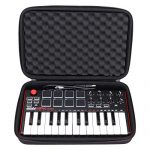
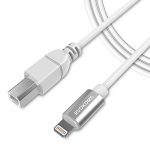
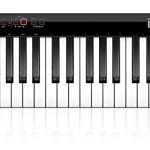
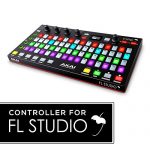
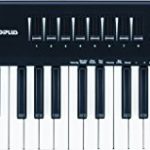
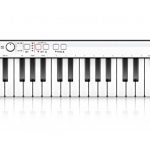
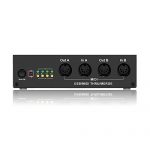
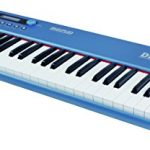


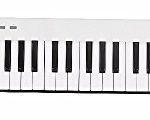
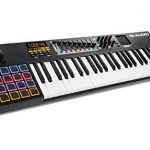
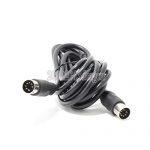
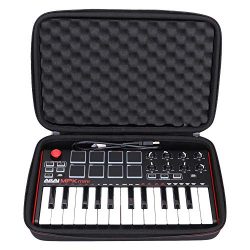
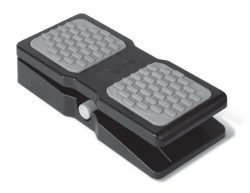
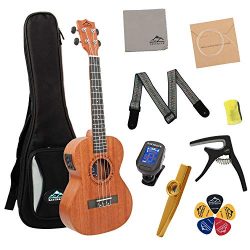

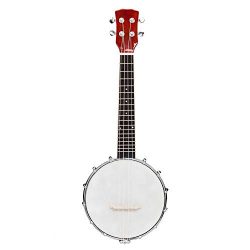
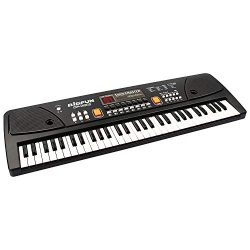
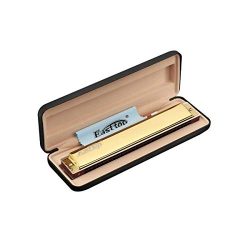
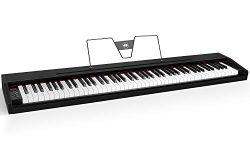
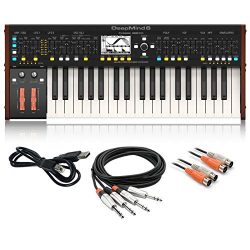
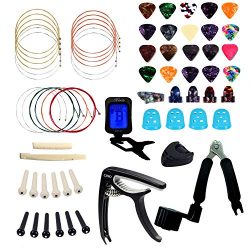
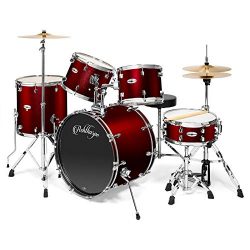
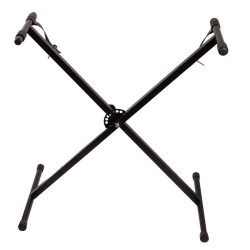
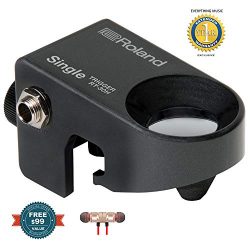
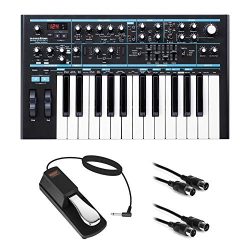
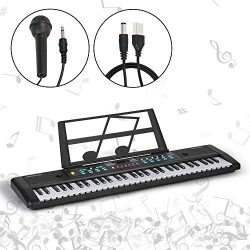

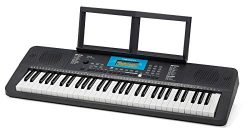
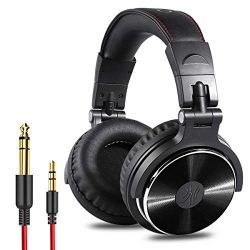
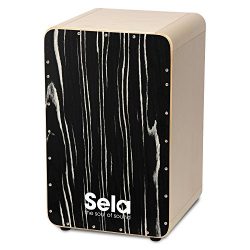
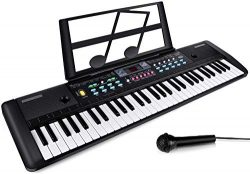

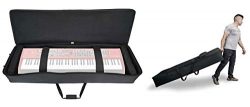
Decent, if sligtly delicate and finicky tool I’ve had this controller for maybe 3 years and overall it’s great! I recommend it, but there’s a couple things that are good to know before you buy.Number one, and this is a big deal for most people, the (cheaply surface mounted) mini usb port has broken 3 times, rendering the controller 100% useless. Thankfully a good friend builts analog studio equipment for a living and has always been willing to help solder it back. But if you don’t have a friend like this… well this is…
Wireless portability and iOS app support make the LPK25 a winner for mobile songwriting I’ve traditionally played workstation-style and arranger keyboards – all self-contained. Then I got into iOS music apps, but the lack of actual keys was a bit problematic.For me, the LPK25 solves the problem. The wireless feature helps me play it anywhere within reasonable range of the iPad Pro, and it easily connects via GarageBand bluetooth pairing. While the limited number of keys makes it challenging to replicate full piano/keyboard-driven pieces, its versatility helps me…
I was not disappointed. This is a great little keyboard I travel a lot and purchased this controller because of it’s size. I was not disappointed. This is a great little keyboard! It is definitely affordable as well as portable which is why I wanted it in the first place. I have only used this with Mac equipment and software (I’ve not used any of the included Akai software). I’ve had no issues whatsoever with this keyboard. The keys are a bit spongy and the velocity sensitivity isn’t great, so if you’re looking to do more expressive piano…